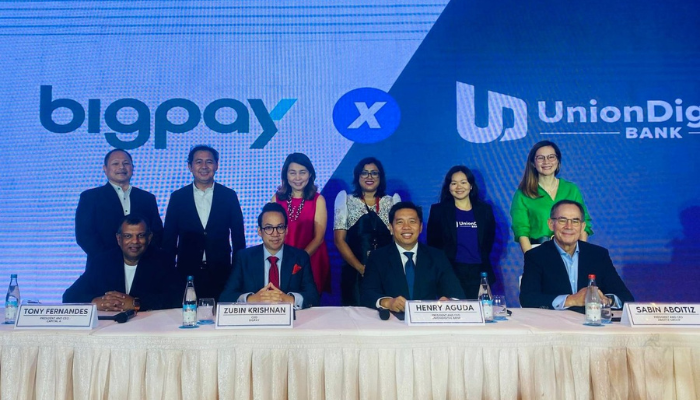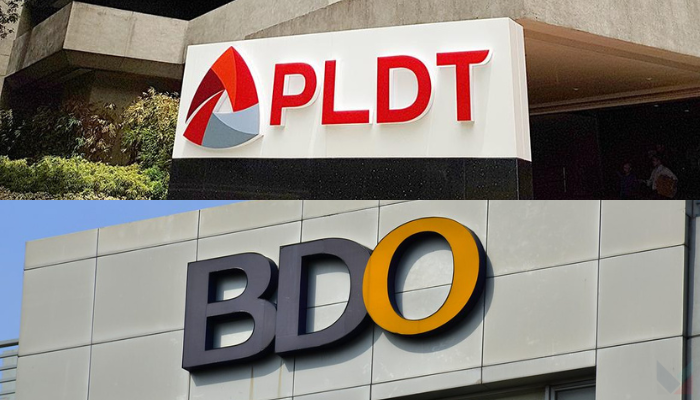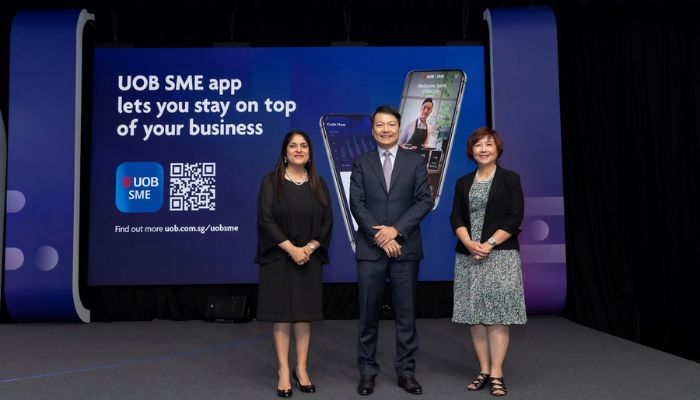Singapore – Adoption and usage of digital banking and payment channels showed an encouraging trajectory among ASEAN consumers based on the latest study conducted by UOB.
The latest study revealed that 55% of respondents had increased usage of their mobile banking app over the past year, with Internet banking via a web browser coming in second at 35%. This shows that ASEAN consumers are increasingly banking on their mobiles to serve their financial needs.
The study also shows that ASEAN consumers are now more receptive to technologies like consolidated platforms for their financial data. The consolidated financial data platforms clocked a 20% increase in usage region-wide, with Thailand and Vietnam having the most enthusiastic adopters across the region.
Another notable piece of data worth pointing out is that bank branches saw a 17% rise in usage region-wide, indicating that consumers still valued face-to-face interaction as a complement to the multitude of digital channels available. More than half of Singaporeans prefer to use digital platforms for simple services such as applying for credit and debit cards but still prefer offline or a combination of channels for complex, high-value transactions.
In the payments space, ASEAN consumers have shown themselves to be savvy adopters of the latest technologies. E-wallets and QR code-based payments topped regional payment modes, with 56% of respondents using them in the past year. E-commerce payment platforms come in second at 49%, and mobile wallet credit or debit cards come in third at 48%. However, the latter is the payment mode that consumers are most interested in trying out, with 22% expressing a desire to do so in the next year.
In Singapore, physical credit and debit cards topped the preferred payment mode list at 62%, showing that consumers still preferred to pay via bank platforms rather than third-party ones. Mobile wallet credit and debit cards and peer-to-peer payment services both ranked second at 50%.
The latest study also found that a significant majority of ASEAN consumers are open to sharing their financial data with banks and are in favour of their information being used to curate products and services personalised to their needs and wants.
Over 70% of respondents find it comfortable sharing financial data to be consolidated by banks on one platform, with 83% preferring to do so via banking apps versus other app service providers like e-commerce or shopping apps and multi-service apps.
Furthermore, of these respondents, more than 90% expressed a preference for receiving personalised product and service offerings in their banking apps. The strong demand for personalisation is also consistent across all age groups, income levels, and genders surveyed.
Jacquelyn Tan, head of group personal financial services at UOB, said, “We are happy to see that the enthusiasm for the push for digitalisation and receptiveness to the new tech era is not losing steam. As a barometer of regional sentiment towards the economy as well as pertinent areas of interest such as spending and financial behaviour and technology, the findings from UOB ACSS 2023 offer valuable insights for consumers and businesses, to adapt and poise themselves to navigate the current uncertain economic environment.”
She added, “As a financial institution, the trends and insights highlighted by the study relating to consumers’ key concerns, savings, financial, and digital behaviour and preferences will help us better understand our customers across the region. This allows us to cater to their needs and strengthen our engagement efforts, to support our customers in adapting to the new banking and digital landscape and capturing opportunities in the current economic environment to advance towards their financial ambitions.”





















